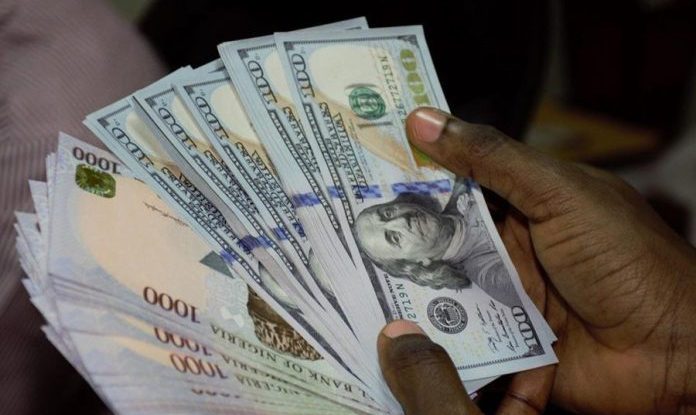On Thursday, February 16, Moody’s Investor Service released another report on Nigeria. In this report, they noted that the scarcity of foreign exchange experienced by Nigerian businesses could potentially jeopardize the liquidity of local banks. Furthermore, if this shortage were to result in a devaluation of the naira, it would also undermine the capital of these banks.
Moody’s noted that to cover the costs of foreign exchange required for imports, banks have been offering trade finance to companies. This places the banks at risk of being liable for any foreign currency payments that the companies may be unable to fulfill.
In 2022, the off-balance sheet exposure of rated Nigerian banks, related to trade, was approximately $9.8 billion, which represents 54% of these banks’ liquid foreign exchange assets. The report also estimates that as of June 2022, rated commercial banks in Nigeria had lent a total of $10.4 billion in foreign exchange to the central bank.
Also Read: Nigeria’s Bonds Drop After Moody’s Rating Downgrade
“The central bank has a strong track record of repaying the FX it owes to the banks, but at a time of acute FX shortages, there is increased risk that it would extend the life of some contracts, postponing repayment.” Moody’s noted.
Moody’s suggests that the majority of the foreign currency deposits held by banks and managed by the Central Bank of Nigeria are incorporated into the country’s reserves, which amount to $37 billion.
“Nonetheless, we estimate that, as of June 2022, Nigerian financial institutions (including commercial and national development banks) had placed at least $14.2 billion with the central bank through various foreign-currency derivative contracts, including around $10.4 billion placed by rated Nigerian commercial banks.”
Also Read: US Congress Members Seek to Stop a $1 Billion Weapons Deal with Nigeria
“We understand that these foreign-currency derivatives instruments are included in the country’s $37 billion foreign-currency reserves as of December 2022.”
Moody’s attributes the foreign exchange crisis in Nigeria to several factors, including limited domestic oil production, elevated prices for imported refined petroleum products, and capital outflows. It also highlights a notable decline in the country’s crude oil production in 2022, with an uncertain production outlook for 2023, despite a slight increase in the final quarter of the same year.

